
The resemblance of two or more unrelated organisms to each other, and the “mimics” are able to gain protection from enemies by resembling them.
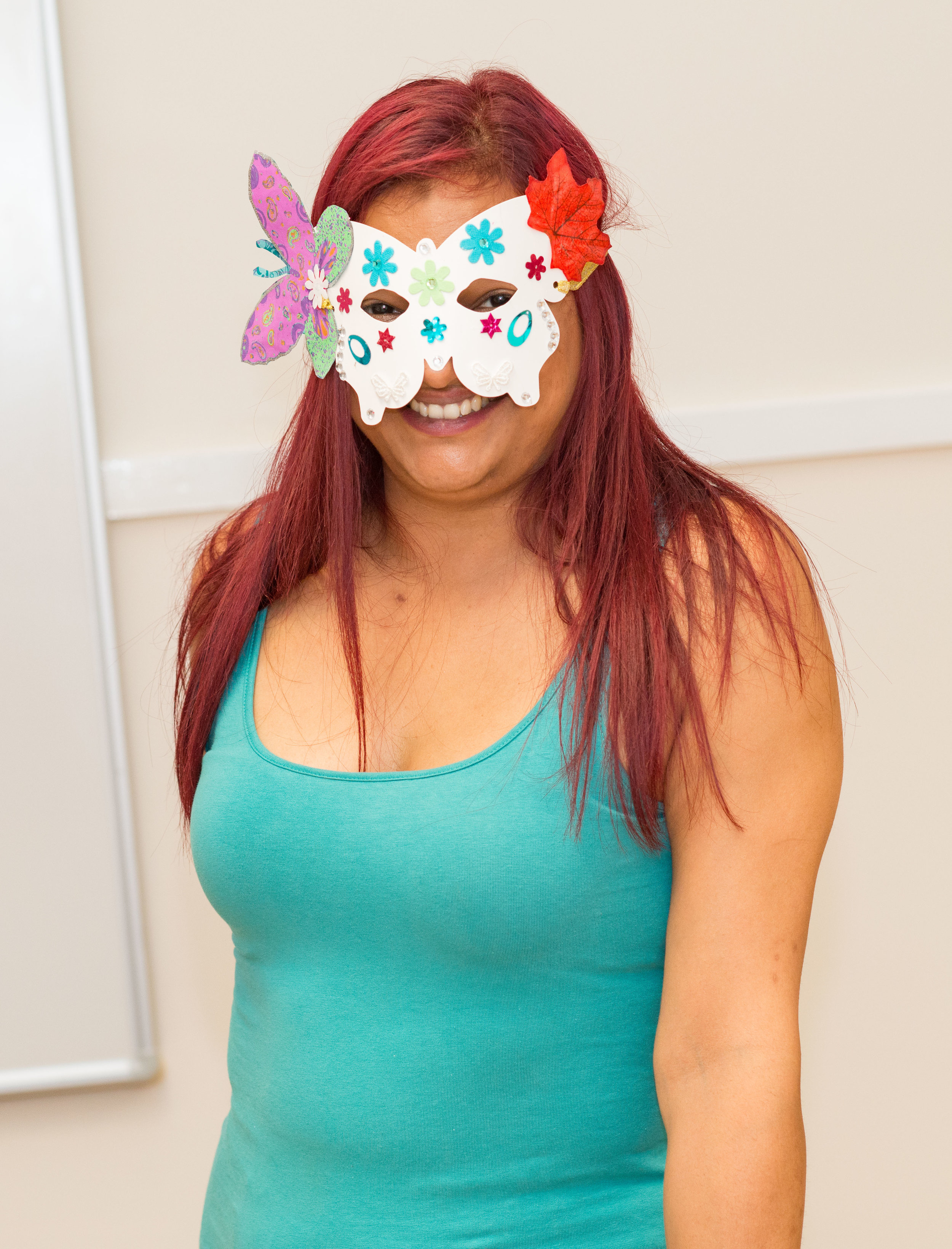
The stage between molts in the life of larvae. Butterflies must molt their external skeleton (a.k.a.exoskeleton) because it does not grow continuously like the internal skeleton (a.k.a. endoskeleton) of vertebrates. Most butterfly larvae molt their exoskeleton about 5 times and therefore have 6 instars, but environmental conditions can alter the number.
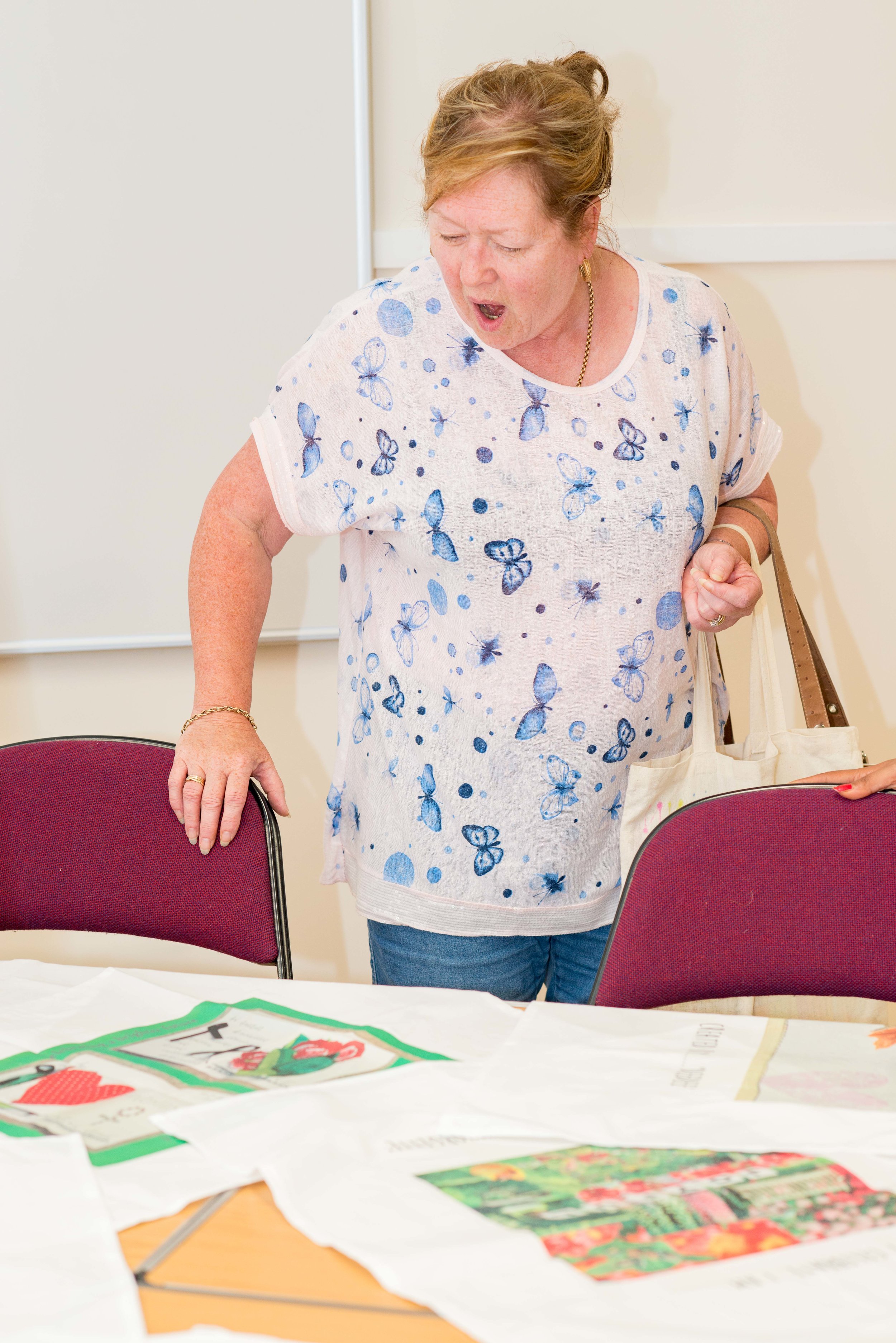
The total distance between the tips of the forewings when the wings are held open with the hind margins at right angles to the long axis of the body.
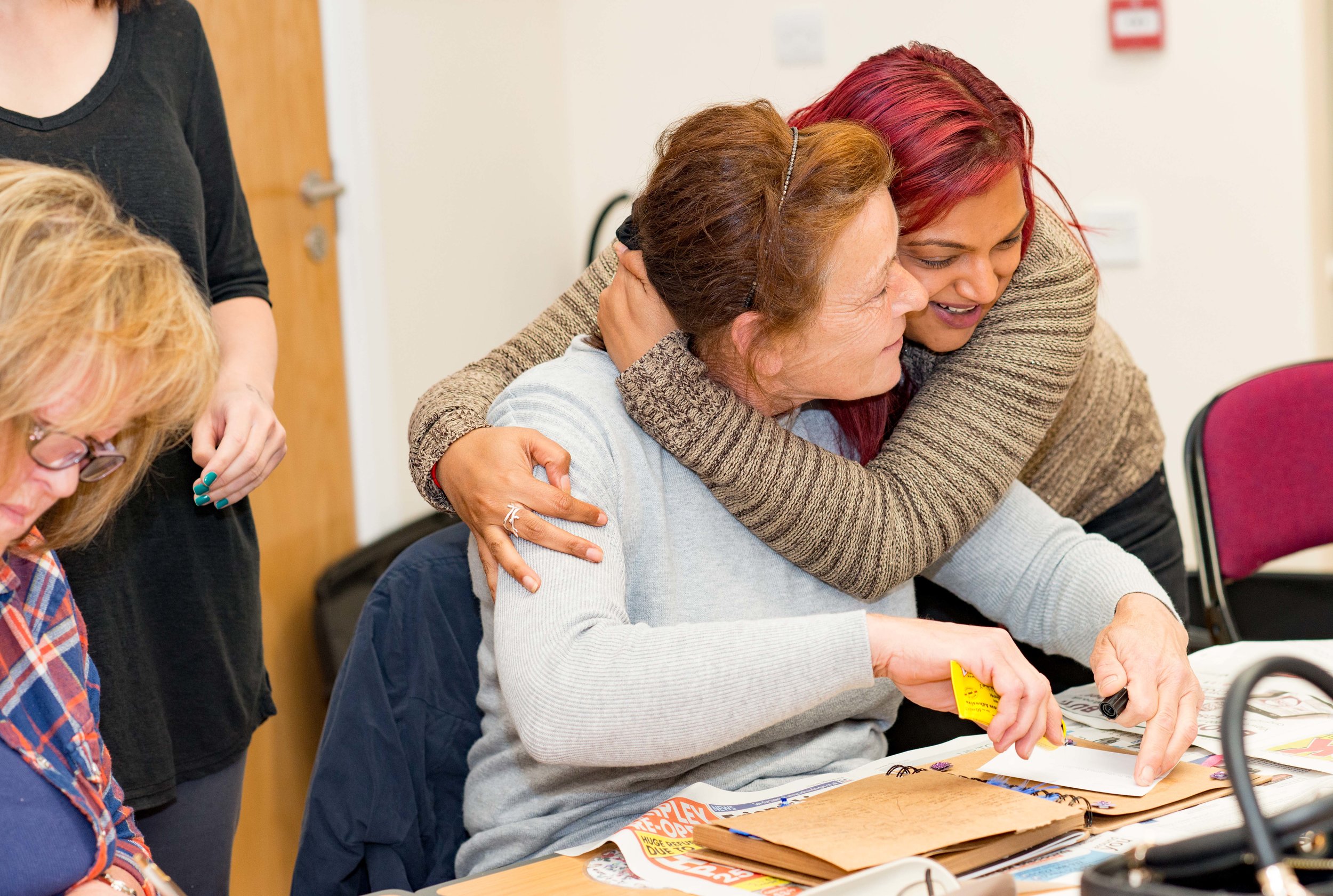
The body tissues and organs of the caterpillar are broken down and re-arranged to develop the adult. The chrysalis is the most vulnerable stage because the individual does not have any ability to move if threatened by enemies or adverse environmental conditions.
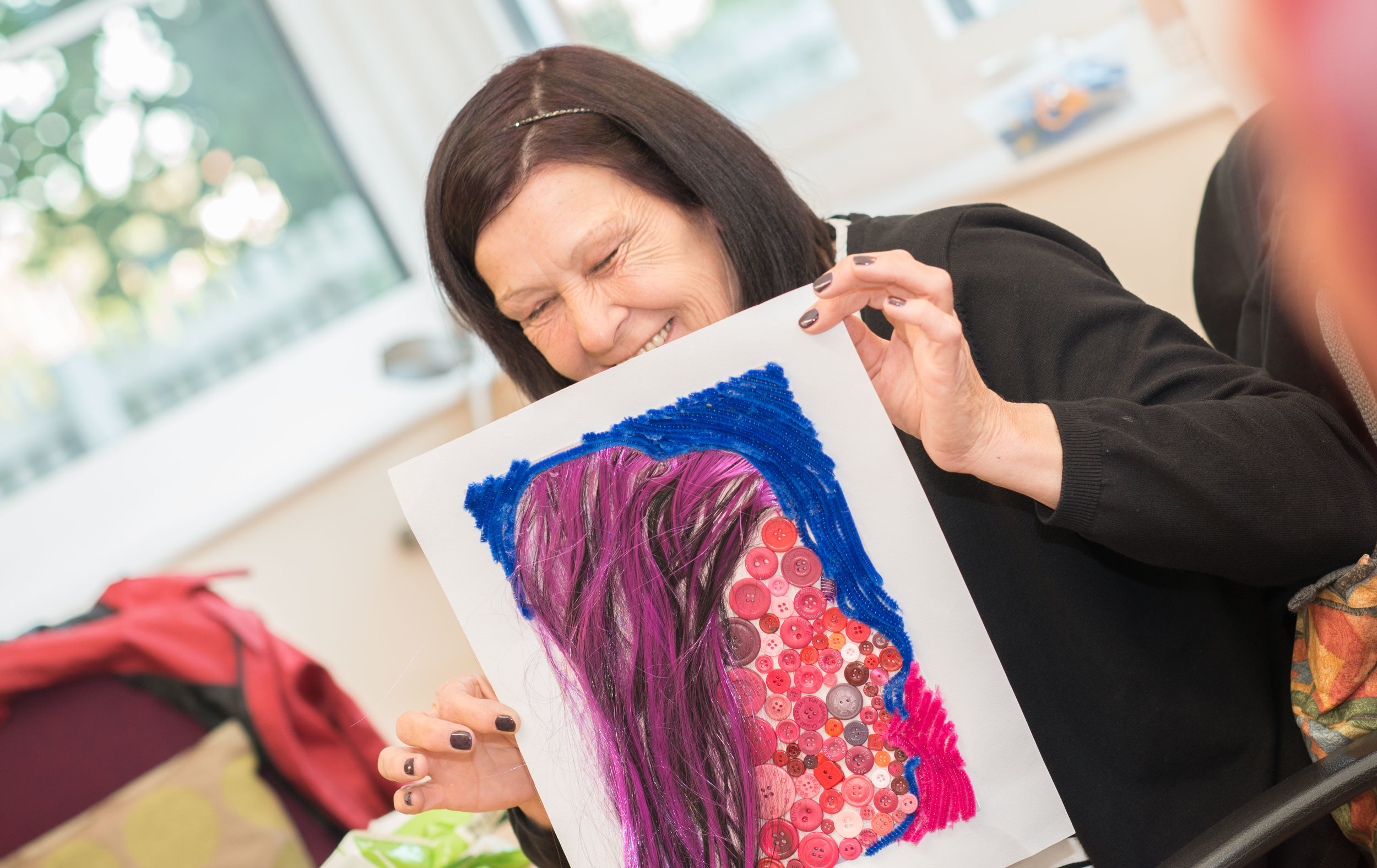
The transformation of an organism into different looking forms as it develops.
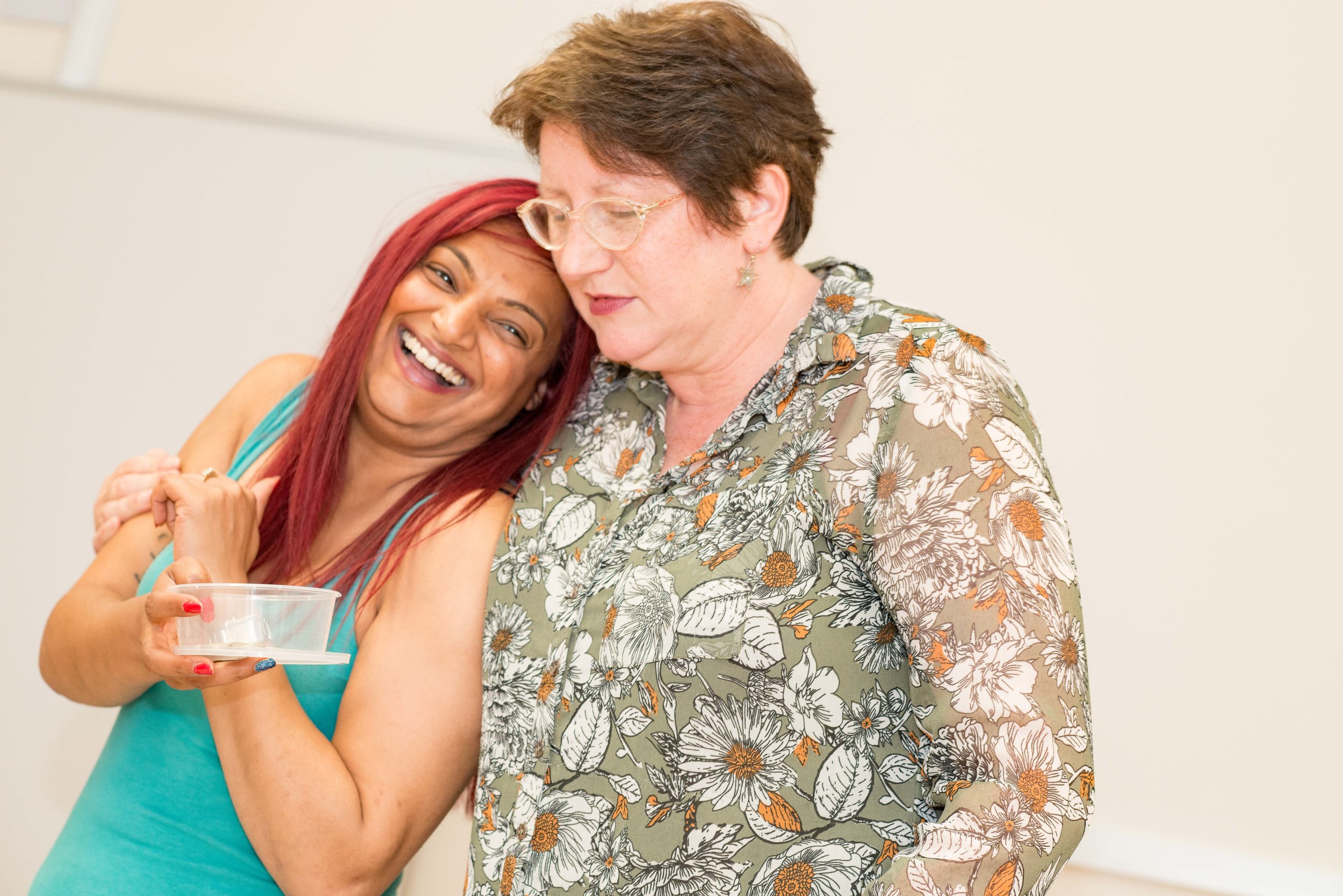
The collective term for all the petals of a flower.
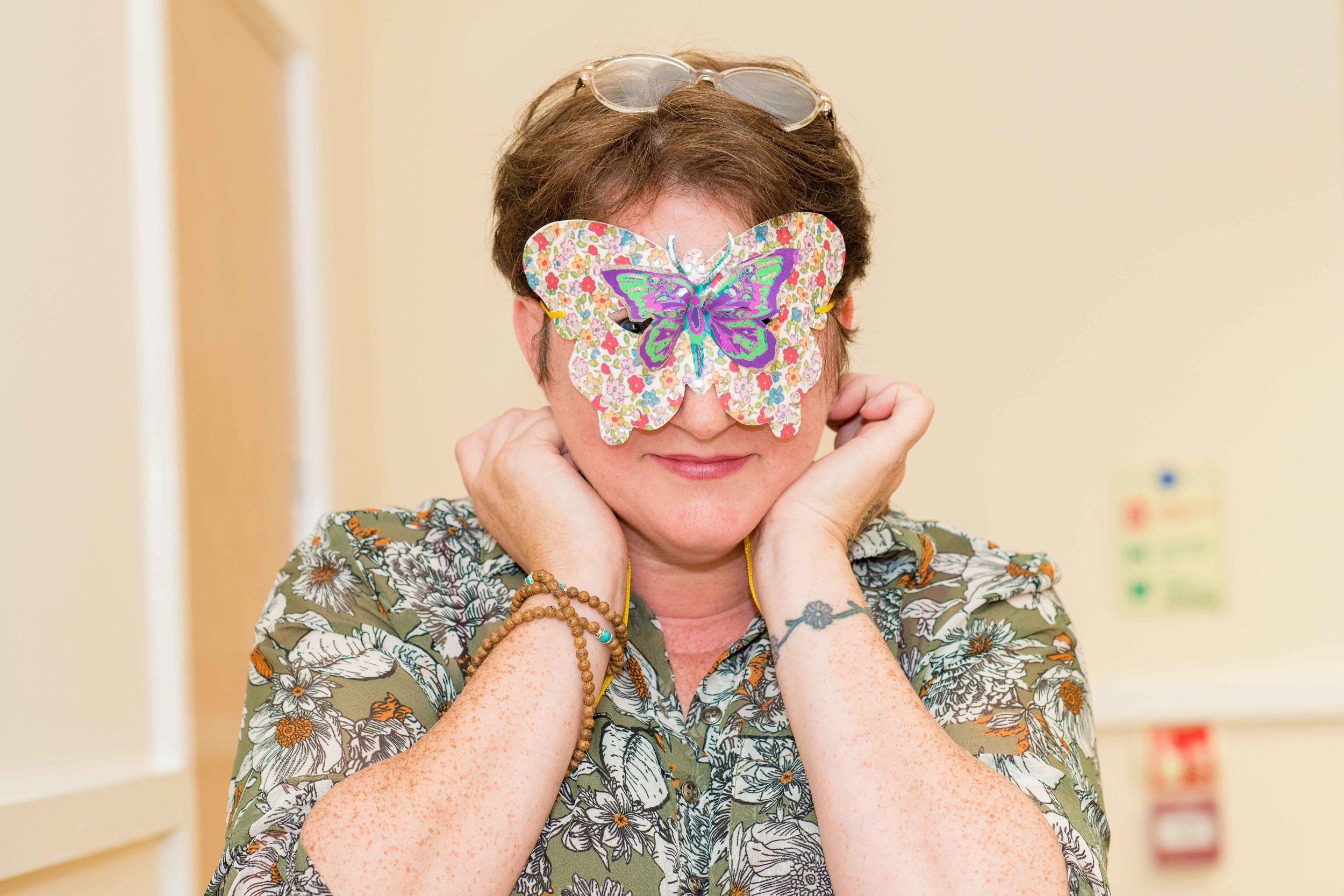
A ringed pattern present on the wings or bodies of some animals, such as the Buckeye butterfly and most satyr butterflies.
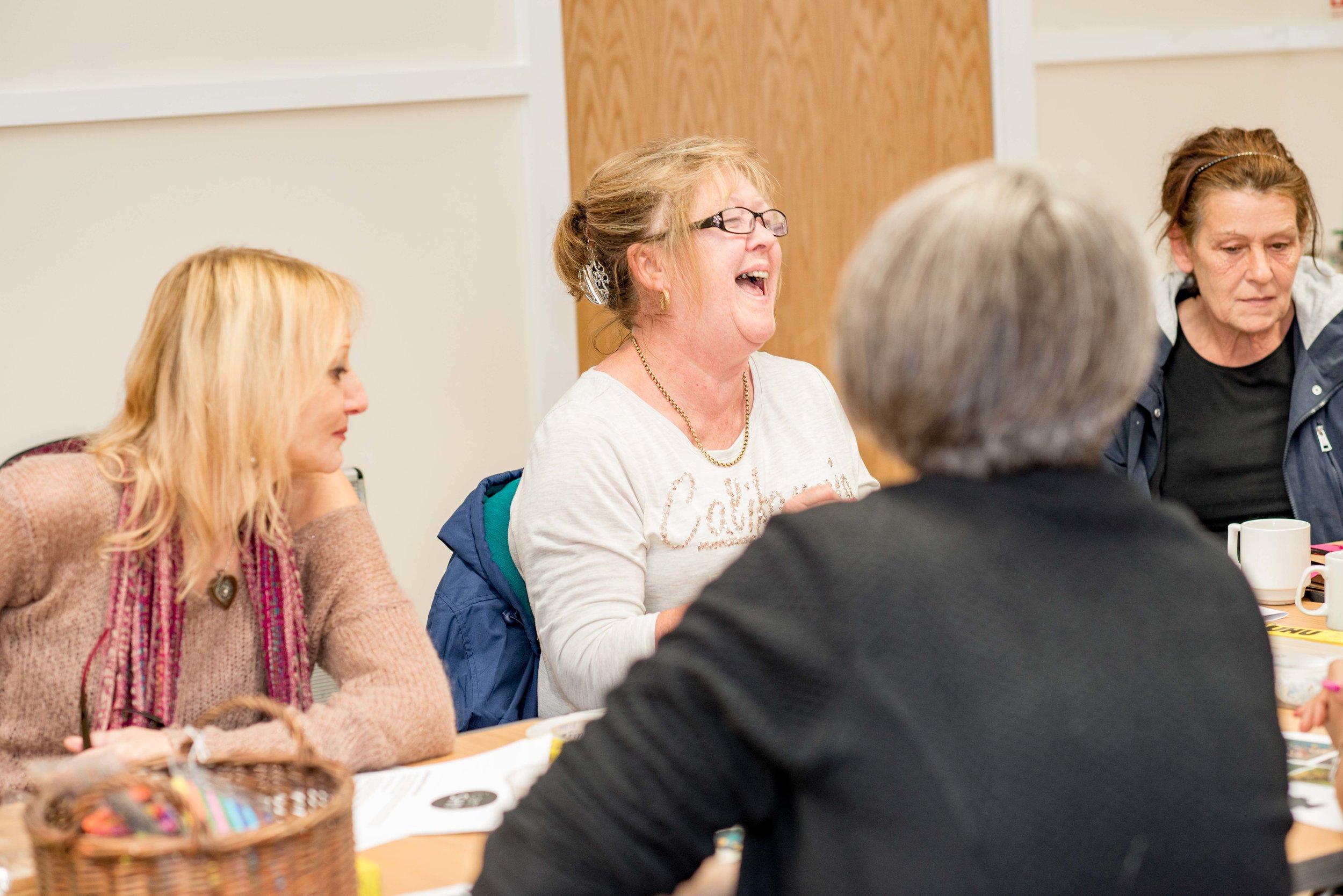
General term for all of the plants found in a particular location.
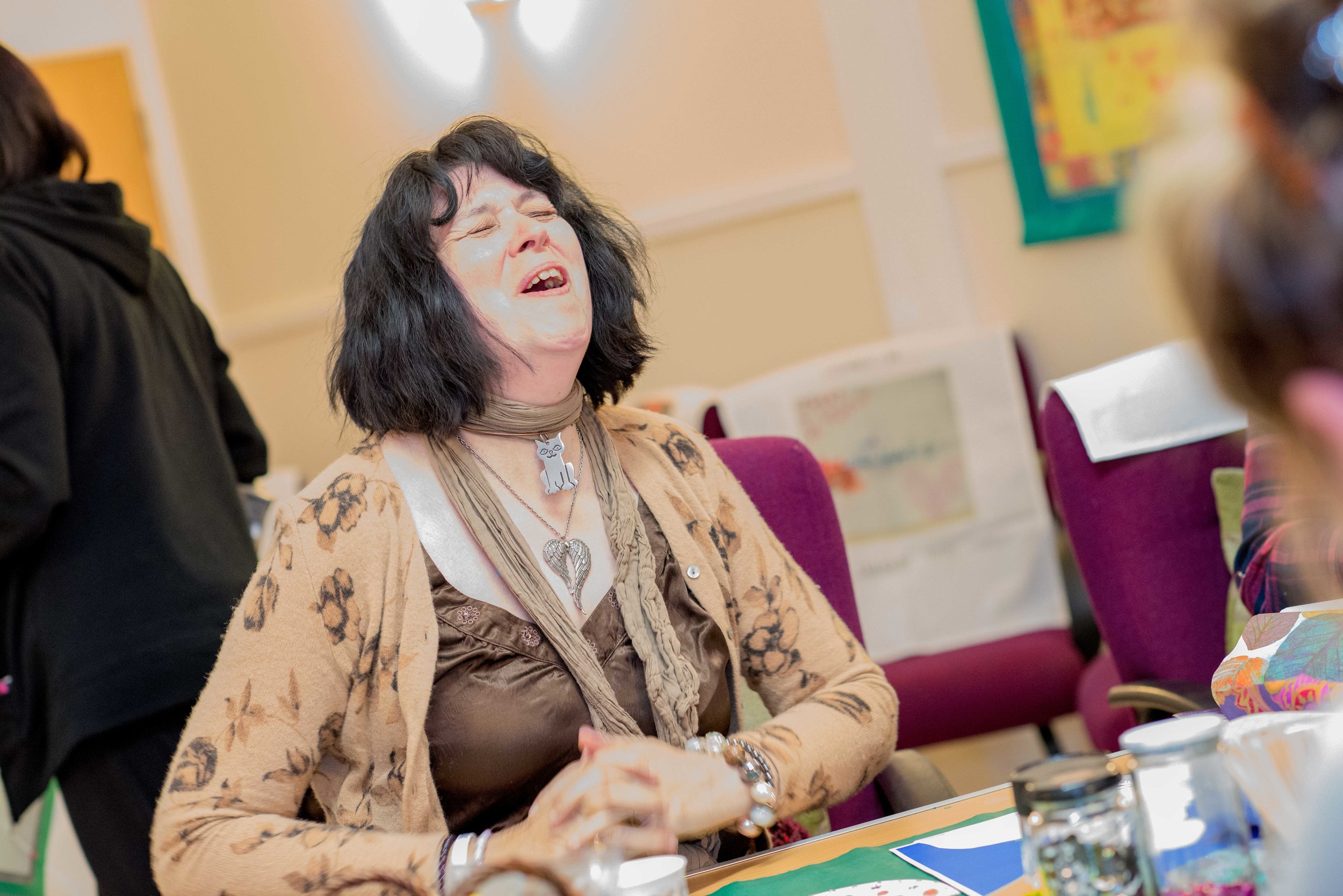
The unique composition of an individual’s genetic makeup, especially relating to its different alleles, either within genes or across genes.
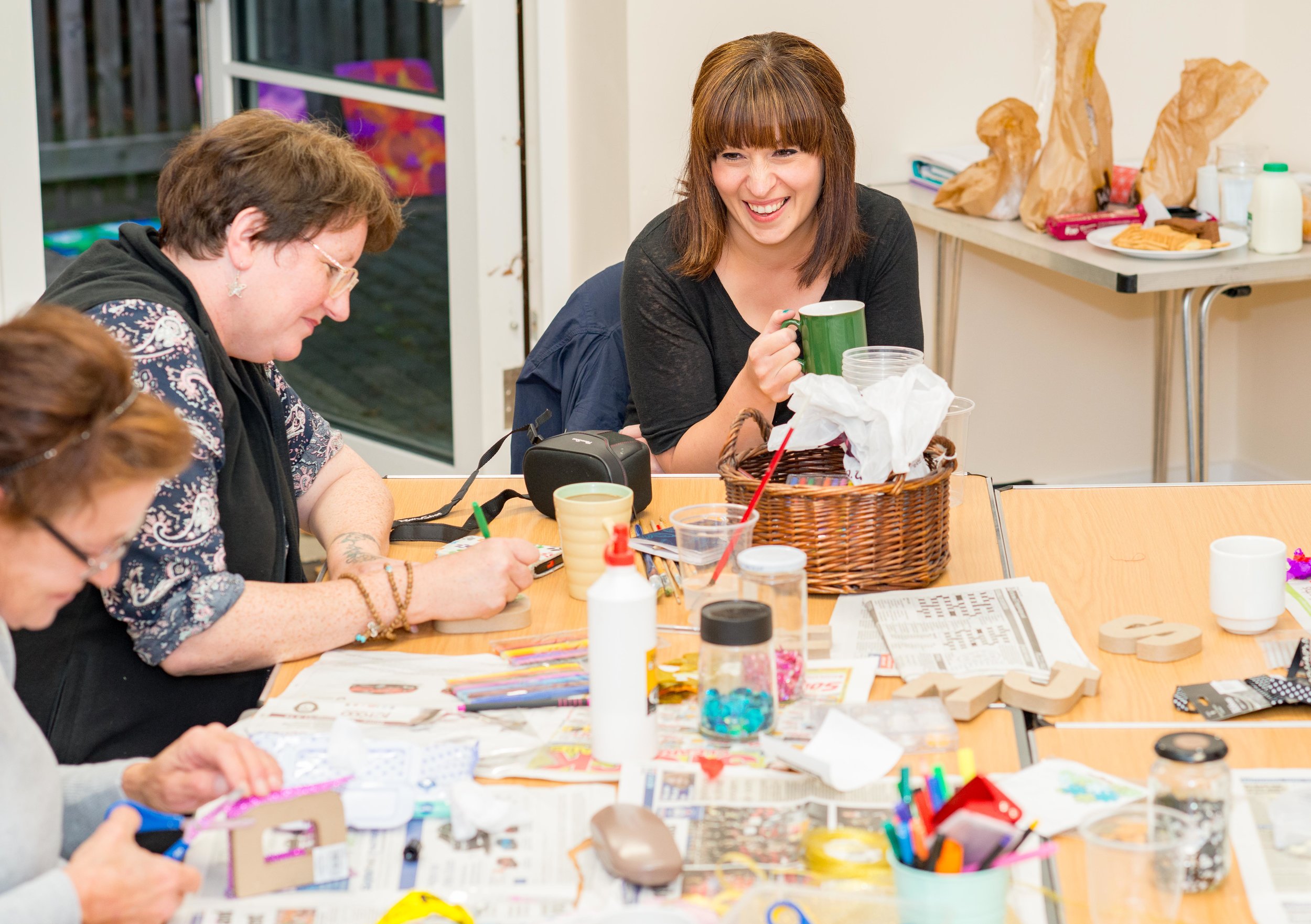
General term for all of the animals found in a particular location.
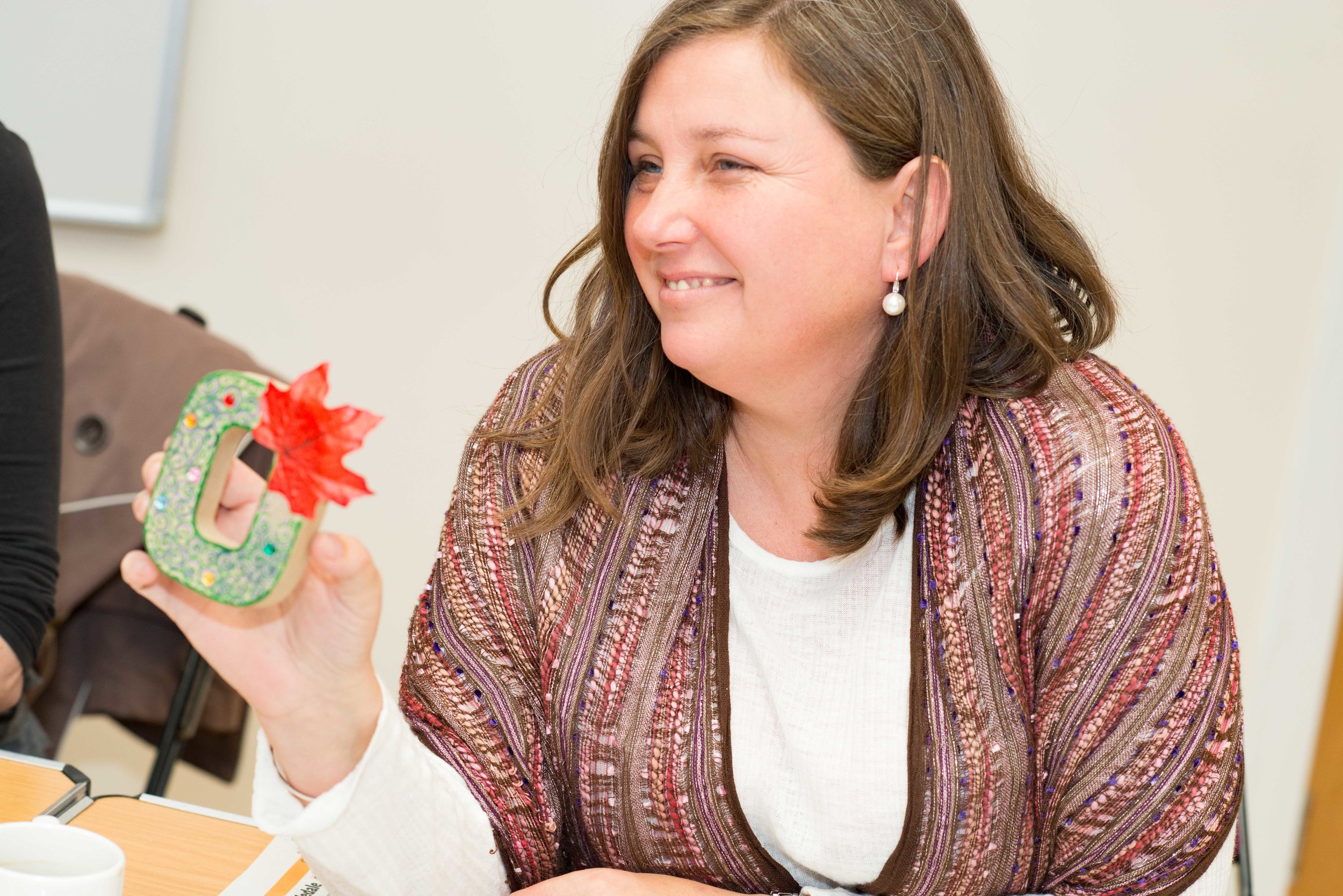
What a particular trait looks like or how it is expressed physically through the interactions between genes and environmental effects. Examples are height and eye color in humans, or the patterns of differently colored scales on the wings of butterflies.

The nested rank between order and genus in the Linnaean system.

The final and fully developed adult stage of an insect, typically winged.













The resemblance of two or more unrelated organisms to each other, and the “mimics” are able to gain protection from enemies by resembling them.
The stage between molts in the life of larvae. Butterflies must molt their external skeleton (a.k.a.exoskeleton) because it does not grow continuously like the internal skeleton (a.k.a. endoskeleton) of vertebrates. Most butterfly larvae molt their exoskeleton about 5 times and therefore have 6 instars, but environmental conditions can alter the number.
The total distance between the tips of the forewings when the wings are held open with the hind margins at right angles to the long axis of the body.
The body tissues and organs of the caterpillar are broken down and re-arranged to develop the adult. The chrysalis is the most vulnerable stage because the individual does not have any ability to move if threatened by enemies or adverse environmental conditions.
The transformation of an organism into different looking forms as it develops.
The collective term for all the petals of a flower.
A ringed pattern present on the wings or bodies of some animals, such as the Buckeye butterfly and most satyr butterflies.
General term for all of the plants found in a particular location.
The unique composition of an individual’s genetic makeup, especially relating to its different alleles, either within genes or across genes.
General term for all of the animals found in a particular location.
What a particular trait looks like or how it is expressed physically through the interactions between genes and environmental effects. Examples are height and eye color in humans, or the patterns of differently colored scales on the wings of butterflies.
The nested rank between order and genus in the Linnaean system.
The final and fully developed adult stage of an insect, typically winged.
